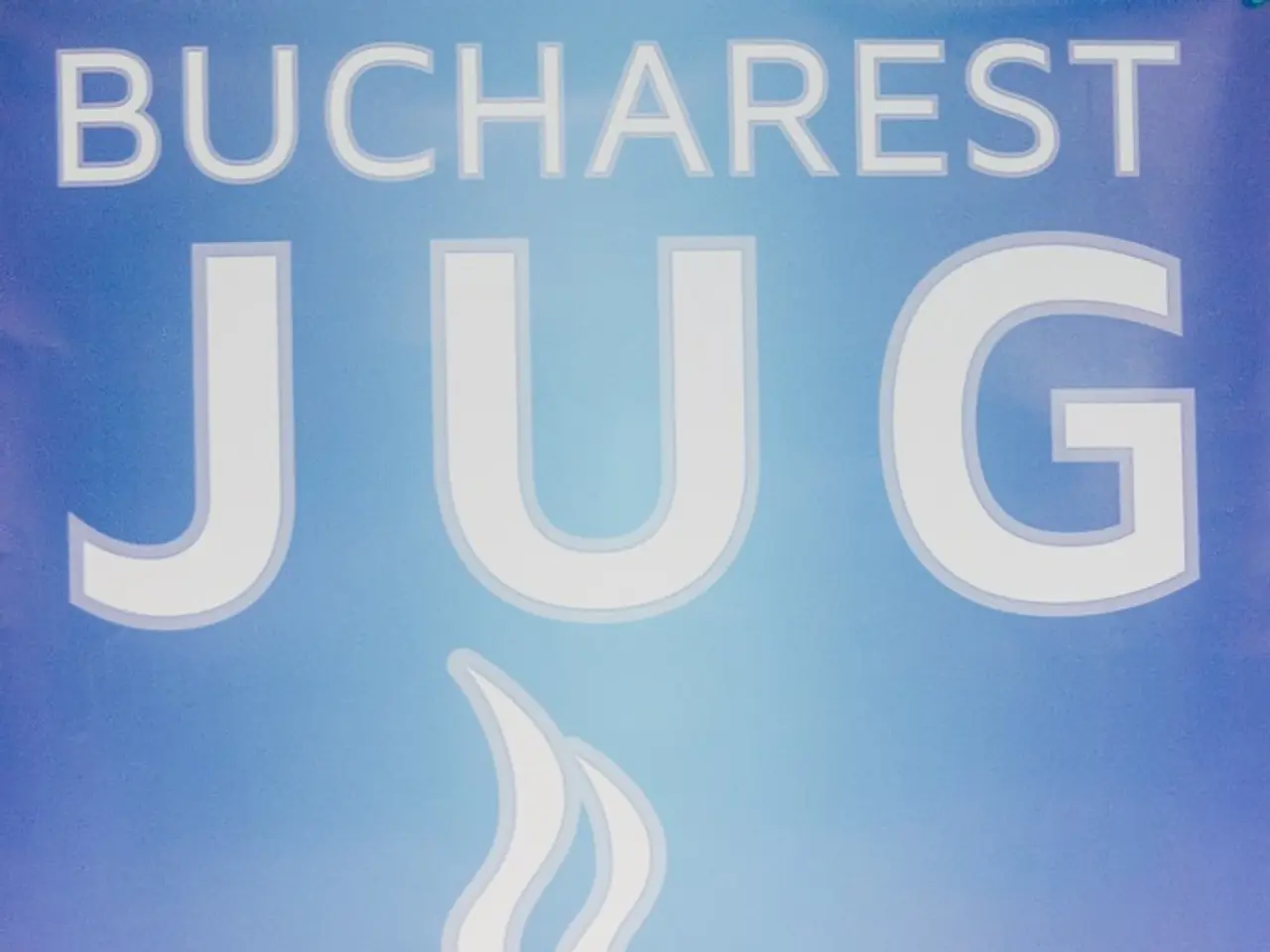The Questionability of Medtronic's Dividend Security
For decades, Medtronic, a reliable dividend growth stock with a ticker symbol of MDT, has been paying out more than twice what the average S&P 500 does. However, the stock's payout ratio is currently high, leading some investors to question its safety. Let's delve deeper into whether Medtronic's dividend is secure for the long term.
Medtronic's Payout Ratio Climbs Above 80%
Investors pay close attention to a stock's payout ratio, as this metric indicates how sustainable the dividend payout is. The higher the ratio, the less cushion the company has to cover dividends in the event of earnings decline. While a ratio above 100% isn't necessarily a death knell for a dividend, it can serve as a warning sign.
Over the past year, Medtronic's diluted earnings per share totaled $3.27. With an annual dividend of $2.80, Medtronic pays out approximately 86% of its earnings as dividends, indicating it has limited room for earning growth or investing in operations to boost the dividend further.
Medtronic's Free Cash Flow Says Something Different
Investors can also assess a company's dividend safety by examining its free cash flow. This metric can be a more revealing indicator of a company's ability to support the dividend, as it represents the expendable cash remaining after covering capital expenses.
In the past four quarters, Medtronic's free cash flow amounted to $5.5 billion, while it paid out $3.6 billion in dividends. However, in the last two quarters, the company's free cash flow was lower than its dividend payments. While cash flow can fluctuate based on receivables and payables timing, the trend of insufficient free cash flow to support dividend payments is a concern to keep tabs on in future quarters.
Is Medtronic Worth the Risk for Its Dividend?
For now, Medtronic's dividend appears secure. However, its high payout ratio and dwindling free cash flow in recent quarters indicate that the dividend growth rate may tighten up in the coming years. Moreover, congested dividends can restrict Medtronic's capacity to grow its business aggressively, which may affect long-term investors.
Over the past half-decade, Medtronic's stock has experienced a 30% loss. While its dividend income may be appealing, investors might question its worth if the business is not delivering notable growth or producing strong returns. However, if value stocks start to garner more attention, Medtronic might appreciate at its current value-priced multiples of 14 times next year's projected earnings.
Overall, Medtronic's dividend appears secure but without significant growth potential. Investors should weigh the risks versus rewards and consider other income-generating investments offering better growth and dividend prospects.
Enrichment data:
- Medtronic's payout ratio has been consistently high for years, dipping below 80% only once in the past three decades
- Analysts predict the company will lower its payout ratio to 48% over the next three years, resulting in an expected 15% return on equity (ROE)
- Medtronic holds the status of a dividend aristocrat, having raised its dividend for 46 consecutive years
- The company distributes a substantial portion of its annual free cash flow as dividends, around 60%-70%, despite holding a minimum return of 50% target for shareholders.
- Despite Medtronic's status as a dividend aristocrat, some investors are concerned about the company's current high payout ratio, which has lingered above 80% for several years.
- Medtronic's investing strategy includes distributing a significant portion of its free cash flow as dividends, often amounting to around 60%-70%, despite maintaining a target return of at least 50% for shareholders.
- In order to sustain its dividend growth, Medtronic may need to look into alternative sources of finance or focus on improving its financial fundamentals, as its payout ratio remains high and its free cash flow has been insufficient to cover dividend payments in recent quarters.
- With its high payout ratio and declining free cash flow, some investors might view Medtronic's dividend as less sustainable and prefer alternative income-generating investments that offer higher growth potential.







